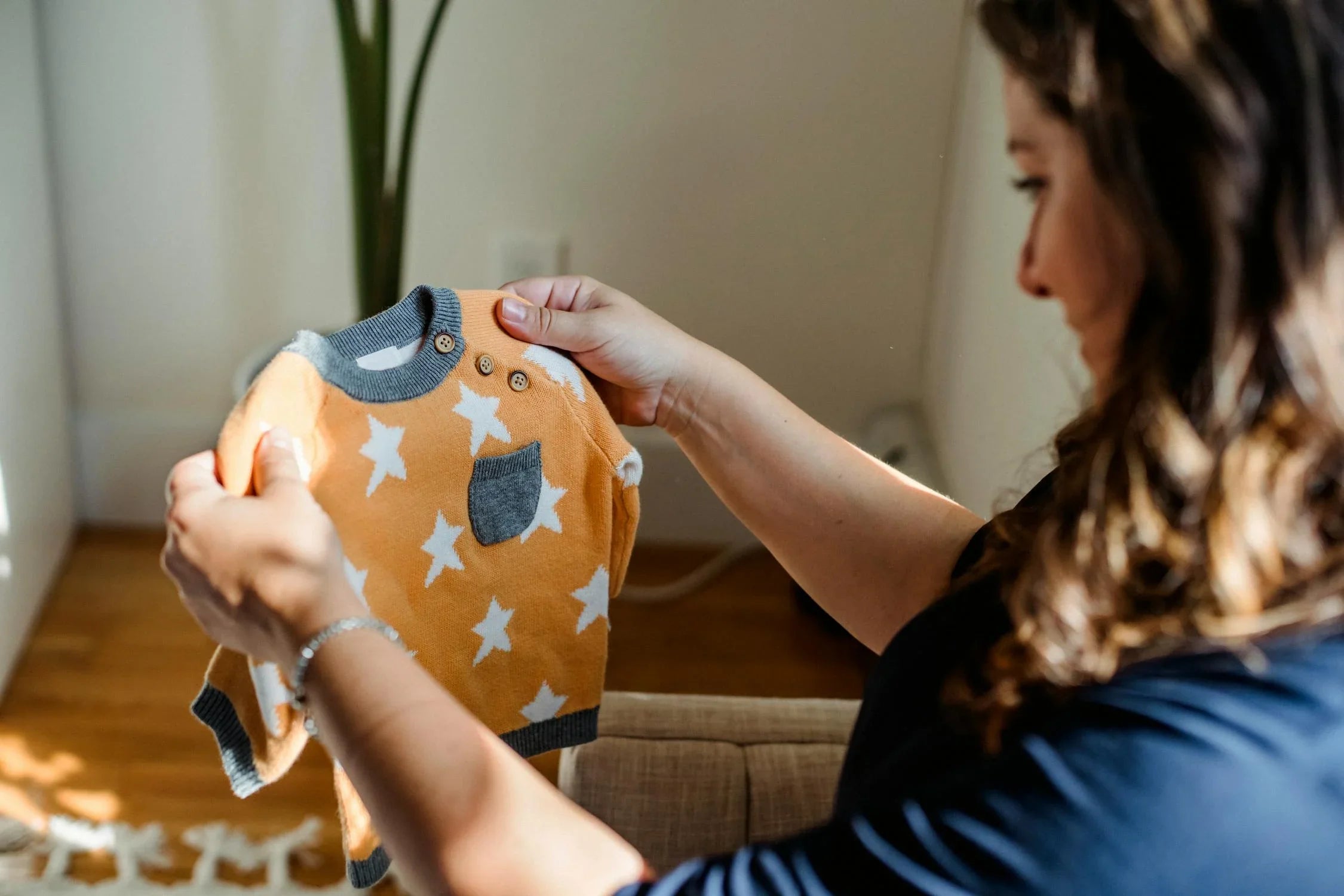Home
Pregnancy, Breastfeeding, and Pumping: The Ultimate Guide for Moms
How Early Are Pregnancy Tests Effective: A Comprehensive Guide

How Early Are Pregnancy Tests Effective: A Comprehensive Guide
When it comes to detecting pregnancy, timing is everything. Many women wonder, 'How early are pregnancy tests effective?' The answer lies in understanding the science behind these tests and the factors that influence their accuracy. This article dives deep into the details, helping you make informed decisions about when and how to take a pregnancy test.
Understanding Pregnancy Tests
Pregnancy tests work by detecting the presence of human chorionic gonadotropin (hCG), a hormone produced by the placenta after a fertilized egg attaches to the uterine lining. The level of hCG increases rapidly in the early stages of pregnancy, doubling every 48 to 72 hours. Most pregnancy tests are designed to detect hCG in urine, but some can also measure it in blood.
Types of Pregnancy Tests
There are two main types of pregnancy tests: urine tests and blood tests. Urine tests are the most common and can be done at home. They are convenient, affordable, and provide quick results. Blood tests, on the other hand, are performed in a healthcare setting and can detect pregnancy earlier than urine tests. However, they are more expensive and require a visit to a medical professional.
How Early Can Pregnancy Tests Detect Pregnancy?
The effectiveness of a pregnancy test depends on its sensitivity to hCG. Some tests can detect hCG levels as low as 10 mIU/mL, while others require higher levels. Generally, most home pregnancy tests claim to be effective as early as the first day of a missed period. However, some highly sensitive tests can detect pregnancy up to six days before a missed period.
Factors Influencing Test Effectiveness
Several factors can influence the effectiveness of a pregnancy test, including the timing of the test, the concentration of hCG in the urine, and the accuracy of the test itself. Testing too early can result in a false negative, as hCG levels may not be high enough to detect. Additionally, diluted urine or improper use of the test can also affect the results.
Tips for Accurate Results
To ensure the most accurate results, it is recommended to take the test first thing in the morning when hCG levels are most concentrated. Follow the instructions carefully, and avoid drinking excessive fluids before taking the test. If you receive a negative result but still suspect you might be pregnant, wait a few days and test again.
When to Consult a Healthcare Professional
If you have taken multiple pregnancy tests with conflicting results or are experiencing symptoms of pregnancy but receiving negative test results, it is advisable to consult a healthcare professional. They can perform a blood test or ultrasound to confirm pregnancy and provide guidance on next steps.
Understanding how early pregnancy tests are effective can help you make informed decisions and reduce anxiety during the waiting period. By knowing the factors that influence test accuracy and following best practices, you can increase the likelihood of obtaining reliable results. Whether you're hoping for a positive or negative outcome, being well-informed is the first step toward peace of mind.
Share

